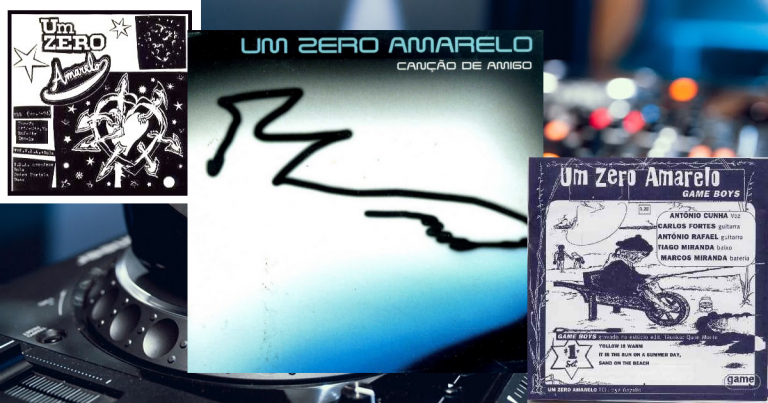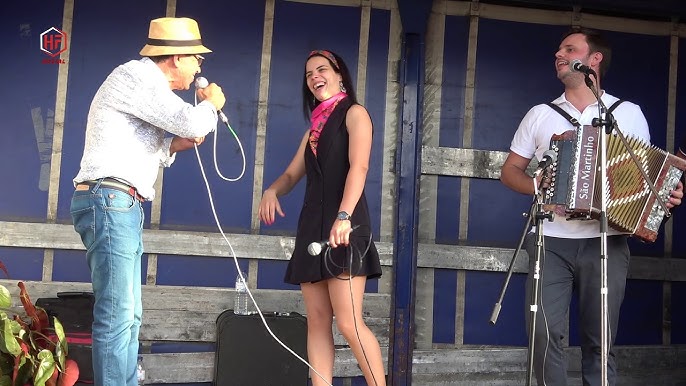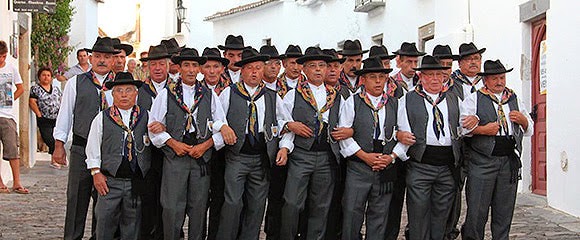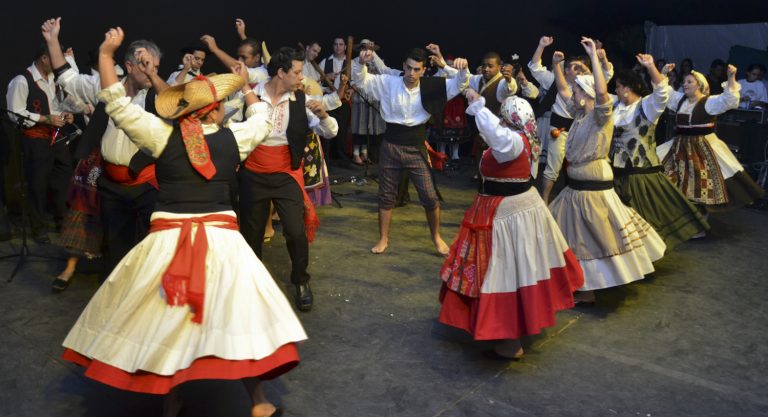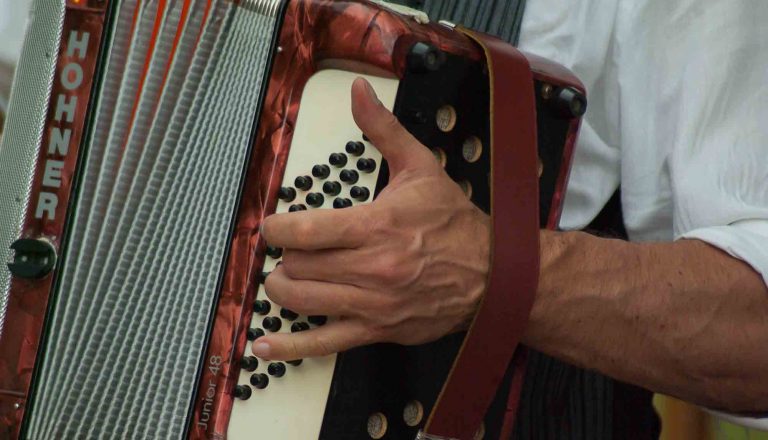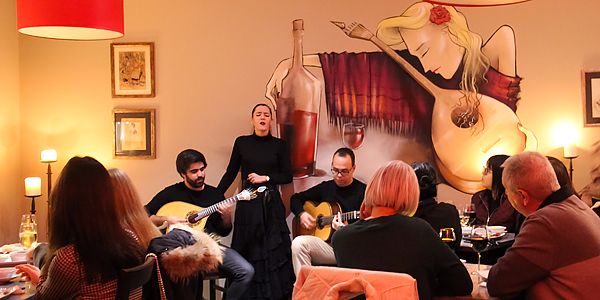Carlos Bica

Carlos Bica is not just a double bass player; he is one of the most respected Portuguese composers on the international stage, regularly collaborating with the world’s musical elite. Although his “safe harbor” is the acclaimed Trio Azul, where he…

